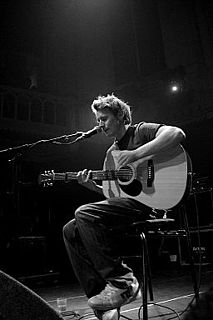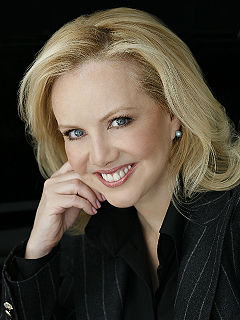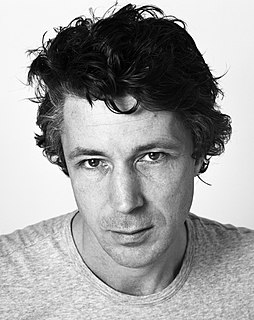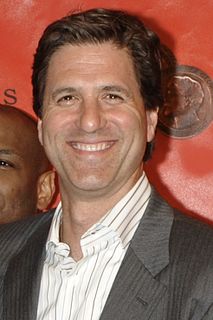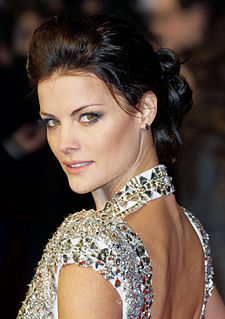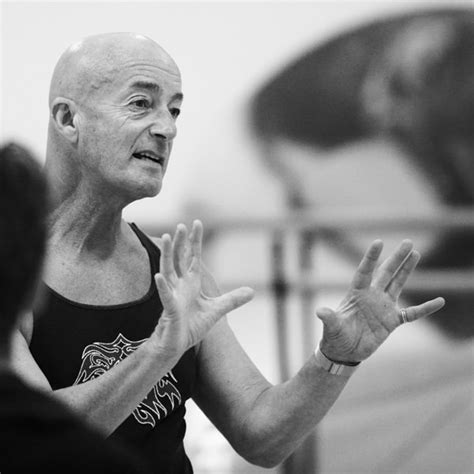A Quote by Ben Howard
A live show is a room full of sound and people and now you have technology where people can film it and take it away and all that is lost afterwards but they have a souvenir.
Related Quotes
Towns are full of people, houses full of tenants, hotels full of guests, trains full of travelers, cafés full of customers, parks full of promenaders, consulting-rooms of famous doctors full of patients, theatres full of spectators, and beaches full of bathers. What previously was, in general, no problem, now begins to be an everyday one, namely, to find room.
Film, for me, is in two stages. One is when I write the script more or less on my own - that's the nice bit. And then comes for me the unpleasant bit when they all go off, 100 people - actors and camera people and film and sound - and I stay away. When they go into the editing room, I come in again, and that's the bit I like.
I wanted to create a film that hadn't been created yet. I studied film for many years. The Room is almost 20 years of my work. You see, I understand young people unlike the media. I don't expect people to love The Room 100% but I respect that people enjoy it and that maybe it opens certain doors for them. That's what makes me happy.
In the stand-up comedy top, there's room for everyone - if you're good, there's room for everyone. You'll put on your own show - no one casts you. You cast your own show as a stand-up comedian. When you get good at stand-up comedy you book a theater and if people show up, people show up. If people don't show up, people don't show up. You don't have a director or a casting agent or anybody saying if you're good enough - the audience will decide.
